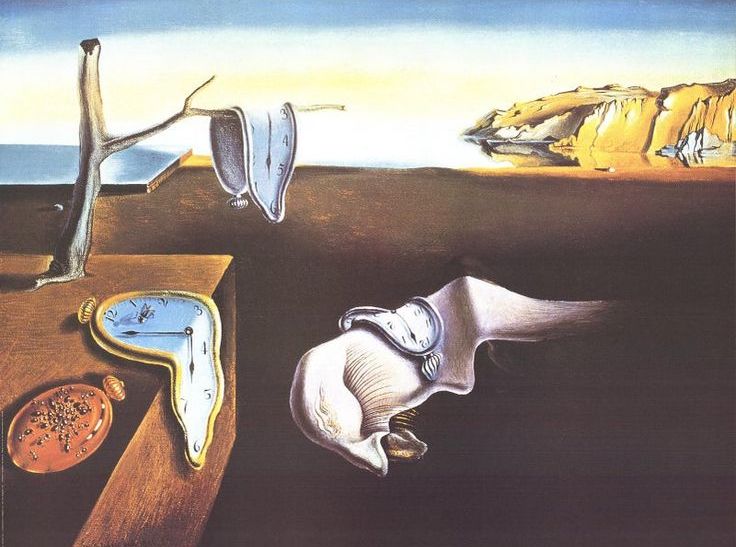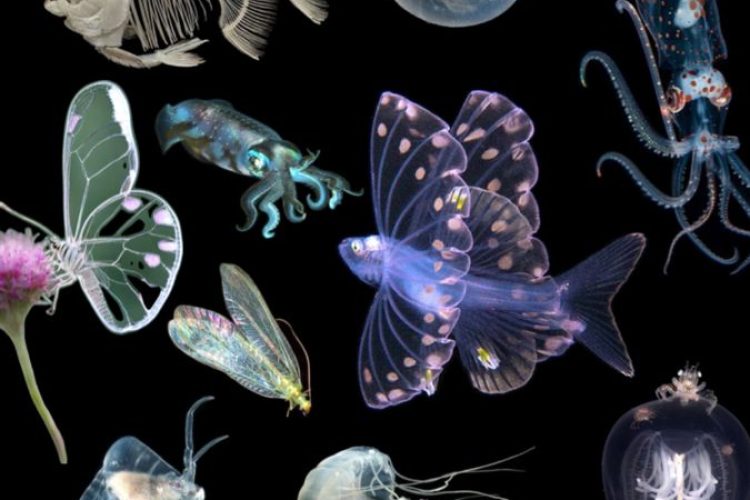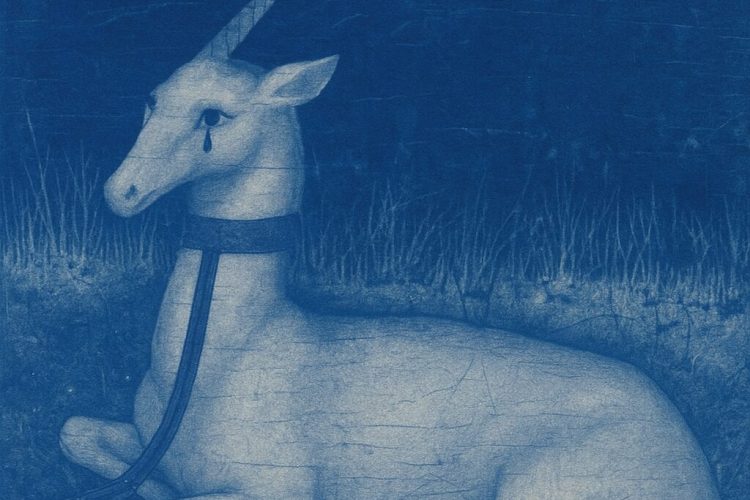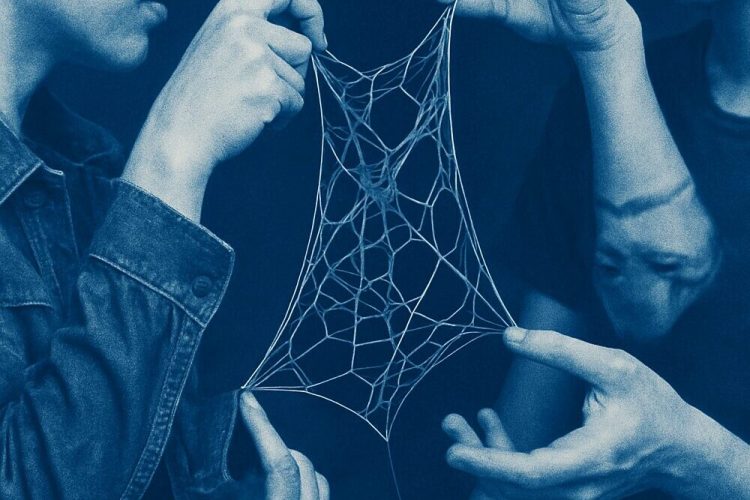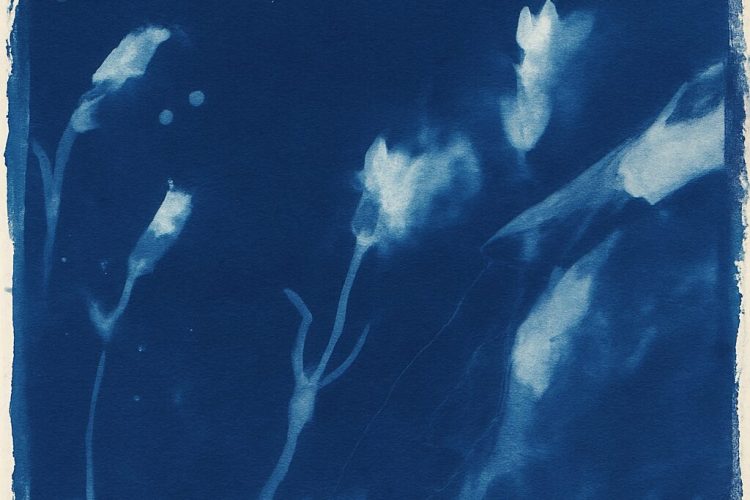L.W., Toronto, Canada
Hi, I’m losing my mother to Alzheimer’s. She was so caring, funny and smart. Now she’s in a nursing home and doesn’t know me. I’m so sad.
L.W.
DKN:
Dear L.W.,
I’m so sorry to hear about this ongoing loss of your mother to her illness. I cannot imagine this transformation, and offer you small, stolen moments of comfort during this time.
Immediately I thought of Victoria Chang’s book, OBIT, which partly documents the cognitive decline of the poet’s father, and during this decline, the poet’s mother suddenly dies—and so familial landscape becomes one of acute and ongoing grief. Chang responds to this period by writing obituaries for different objects, concepts, moments, memories lost—and the result is unflinching, astonishing in its rawness and candor.
Only if you feel up for it, and safe enough, I wonder if you might try to memorialize the parts and aspects of your mother that are now gone, even though she is still alive.
Here is one of the poems from Chang’s OBIT. I’m holding you and your mother in my thoughts.
OBIT [The Clock]
-Victoria ChangThe Clock—died on June 24, 2009 and
it was untimely. How many times my
father has failed the clock test. Once I
heard a scientist with Alzheimer’s on
the radio, trying to figure out why he
could no longer draw a clock. It had to
do with the superposition of three
types. The hours represented by 1-12,
the minutes where a 1 no longer
represents 1 but a 5, and a 2 now
represents 10, then the second hand
that measures 1 to 60. I sat at the
stoplight and thought of the clock, its
perfect circle and its superpositions, all
the layers of complication on a plane of
thought, yet the healthy read the clock
in one single instant without a second
thought. I think about my father and
his lack of first thoughts, how every
thought is a second or third or fourth
thought, unable to locate the first most
important thought. I wonder about the
man on the radio and how far his brain
has degenerated since. Marvel at how
far our brains allow language to
wander without looking back but
knowing where the pier is. If you
unfold an origami swan, and flatten the
paper, is the paper sad because it has
seen the shape of the swan or does it
aspire towards flatness, a life without
creases? My father is the paper. He
remembers the swan but can’t name it.
He no longer knows the paper swan
represents an animal swan. His brain is
the water the animal swan once swam
in, holds everything, but when thawed,
all the fish disappear. Most of the
words we say have something to do
with fish. And when they’re gone,
they’re gone.
